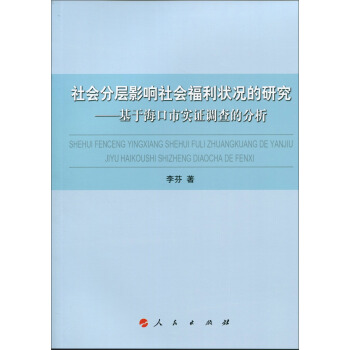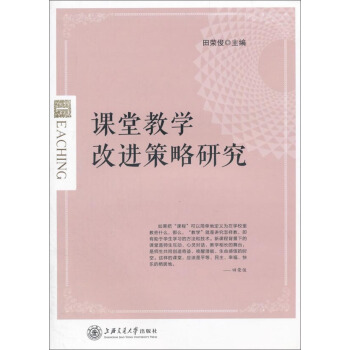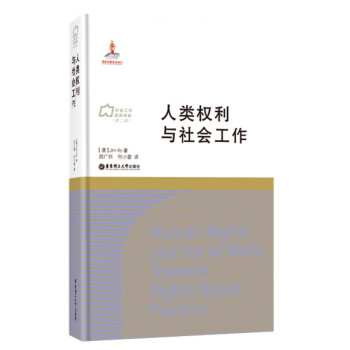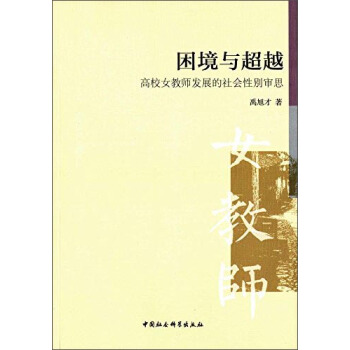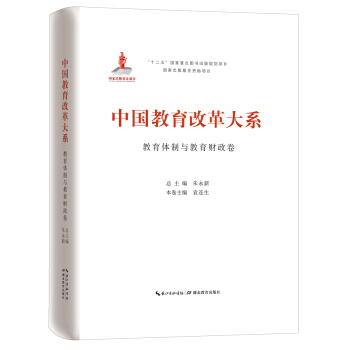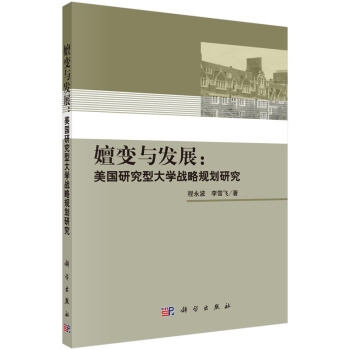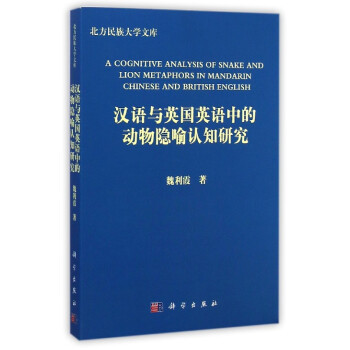

具体描述
内容简介
The present study investigated snake and lion metaphors with both human beings and non-human beings as the target domain. Apart from showing that universality and variation between animal metaphors exist in Chinese and English, the study also modified K6vecses's (2002, 2010) dichotomy categorization of metaphors by adding another type, that is metaphors that are image and knowledge-based at the same time. Meanwhile, it has refined the Conceptual Blending Theory (CBT) by proposing a revised version which adds an output space and allocates more attention to context in the process of interpreting metaphors.
目录
FOREWORDINTRODUCTION
CHAPTER 1 TWO METAPHOR THEORIES
1.1 Conceptual Metaphor Theory
1.2 Conceptual Blending Theory
1.3 The examplified applicatin of CMT and CBT to the interpretation of snake and lion metaphorical expressions
1.4 Summary
CHAPTER 2 SNAKE METAPHORS IN MANDARIN CHINESE AND BRITISH ENGLISH
2.1 Snake metaphors in Mandarin Chinese
2.1.1 Overview of the snake metaphors
2.1.2 Snake metaphors with human beings as the target domain
2.1.3 Snake metaphors with non-human beings as the target domain.
2.2 Snake metaphors in British English
2.2.1 Overview of the snake metaphors
2.2.2 Snake metaphors with human beings as the target domain
2.2.3 Snake metaphors with non-human beings as the target domain
2.3 A comparison of snake metaphors in Mandarin Chinese and British English
2.3.1 The differences between snake metaphors in Mandarin Chinese and British English
2.3.2 The differences between snake metaphors in Mandarin Chinese and British English when the target domain is human beings
2.3.3 The differences between snake metaphors in Mandarin Chinese and British English when the target domains are non-human beings
2.3.4 Causes for universality and variation of snake metaphors in Mandarin Chinese and British English
2.4 Summary
CHAPTER 3 LION METAPHORS IN MANDARIN CHINESE AND BRITISH ENGLISH
3.1 Lion metaphors in Mandarin Chinese
3.1.1 Overview of the lion metaphors
3.1.2 Lion metaphors with human beings as the target domain
3.1.3 Lion metaphors with non-human beings as the target domain
3.2 Lion metaphors in British English
3.2.1 Overview of the lion metaphors
3.2.2 Lion metaphors with human beings as the target domain
3.2.3 Lion metaphors with non-human beings as the target domain
3.3 A comparison of lion metaphors in Mandarin Chinese and British English
3.3.1 The differences between lion metaphors in Mandarin Chinese and British English
3.3.2 The differences between lion metaphors in Mandarin Chinese and British English when the target domain is human beings
3.3.3 The differences between lion metaphors in Mandarin Chinese and British English when the target domains are non-human beings
3.3.4 Causes for universality and variation of lion metaphors in Mandarin Chinese and British English
3.4 Summary
CHAPTER 4 REVISED CONCEPTUAL BLENDING THEORY
4.1 Implication one
4.2 Implication two
4.3 Summary
REFERENCES
APPENDIXA DATA SOURCE
APPENDIX B RESEARCH DESIGN
精彩书摘
《汉语与英国英语中的动物隐喻认知研究》:In this aspect the expressions that are mapped onto the woman are the least in number.Specifically, 39.5% of the expressions are mapped onto the general person to show their characteristic of "being cruel".The fixed expressions 地头蛇/di tou she,牛鬼蛇神/niu gui she shen, and 毒蛇猛兽du she meng shou are some such examples."Di tou she" refers to those who have the power or ability to bully others in his or her hometown."Niu gui she shen" originally meant the unimportant ghosts or gods in Buddhism.The ghost has an ox—head and the god has a snake's body.Later it became a fixed expression which is used to refer to various victims of the Cultural Revolution.Additionally, during the Cultural Revoluhon (1966—1976),all the victims such as famous generals and intellectuals were labeled as "niu gui she shen"."Du she meng shou" originally refers to theanimals that are threatening to human beings, and later this expression came to be used metaphorically to refer to those who are cruel and greedy.
……
前言/序言
用户评价
翻开内文,首先感受到的是一种细致入微的文本分析功力。我关注的几个关键章节,比如关于“犬类”和“猫科动物”隐喻的集中讨论,简直像是在进行一场精妙的解剖。作者的处理方式并非停留在简单地罗列出“中文里A动物代表什么,英文里B动物代表什么”,而是深入到了这些隐喻背后的文化心理结构和社会价值取向。例如,书中对某些动物在不同语言体系中褒贬义色彩的微妙差异的探讨,简直令人拍案叫绝。我记得有一段描述了某种特定动物形象在古代农业社会和现代都市社会中的语义漂移过程,那种层层递进的论证逻辑,让人不得不佩服作者的史料功底和历史敏感度。更重要的是,作者在论述过程中,始终保持着一种冷静的、批判性的视角,既不盲目推崇西方理论模型,也不囿于本土经验的局限。这种平衡感在跨文化研究中是极为难得的,它使得结论不仅仅是描述性的,更具有解释性和洞察力,为我们理解语言如何映射文化提供了一个强有力的分析工具。
评分这本书的真正价值,我认为在于它超越了表层的词汇对比,触及到了深层的文化心理机制。通过对动物隐喻的系统梳理,我们得以一窥中英两种文化在看待自然、界定人性时所遵循的底层逻辑差异。比如,书中可能对比了两种文化如何看待“忠诚”或“欺骗”,然后追溯到那些具体到动物身上的语言表征,这种由表及里的分析路径极具启发性。我感觉自己好像在进行一次双语的“文化考古”,每解读一个隐喻,都在挖掘出一块被时间掩埋的文化碎片。这种研究的深度,使得它不仅仅是一本语言学专著,更可以被视为一部精彩的比较文化人类学作品。对于那些致力于提升跨文化交际能力的人士来说,这本书提供的认知框架无疑是极其宝贵的,它能帮助我们理解,为什么某些话语在另一种文化语境下会产生意想不到的误解或强烈的认同感。
评分这本书的封面设计着实引人注目,那种深邃的蓝色调配上简洁的字体,初看之下就给人一种严谨又不失深度的学术气息。我拿到书的时候,第一感觉是它很有分量,这不仅仅是物理上的重量,更是内容上的厚重感。我本来对动物隐喻这个领域抱持着一种好奇心,想看看它到底能挖掘出多少我们习以为常却又未曾深思的语言现象。书的引言部分写得非常到位,它没有直接抛出复杂的理论框架,而是从一些日常的、有趣的例子切入,比如“像狐狸一样狡猾”或者“勇敢如狮子”,这种平易近人的开篇方式,让一个非专业读者也能迅速抓住核心兴趣点。作者似乎非常注重跨文化对比的必要性,从一开始就为接下来的汉英对比埋下了伏笔。我特别欣赏它在理论综述部分展现出的广度和深度,感觉作者在梳理前人研究时下了不少功夫,不是简单的堆砌文献,而是构建了一个清晰的脉络,让人能清晰地看到当前研究的空白和本书试图填补的价值所在。整体而言,这本书给我的第一印象是:这是一部准备充分、布局精巧的严肃学术著作,让人对接下来的阅读充满期待。
评分阅读体验上,这本书的行文风格展现出一种古典的严谨与现代的灵动交织的独特韵味。它没有那种纯粹的“学术腔”,尽管术语运用得非常精准,但在解释复杂的认知模型时,作者总能找到恰当的比喻或类比来辅助说明,这极大地降低了理解的门槛。我尤其喜欢它在论证结构上的多变性。有些部分采用的是清晰的三段论式展开,逻辑链条紧密无暇;而另一些部分,尤其是在探讨隐喻的生成机制时,则更像是在进行一场思想的漫步,充满了探索性和开放性,允许读者跟随作者的思路去碰撞和思考。虽然篇幅不短,但阅读起来并不觉得枯燥乏味,这很大程度上归功于作者对案例选择的独到眼光——那些选取的动物隐喻,要么是极具代表性的,要么是极富争议性的,总能抓住读者的注意力。它更像是一位经验丰富的导师,在循循善诱中引导你探索语言的深层奥秘,而不是简单地灌输知识点。
评分从出版的精细程度上看,这本著作也体现了极高的专业水准。书籍的装帧设计大气沉稳,纸张的选择也让长时间阅读眼睛不易疲劳,细节之处透露出对读者的尊重。更重要的是,书中引用的参考文献列表非常详尽且具有权威性,这为后续研究者提供了坚实的文献基础。我个人尤其赞赏作者在讨论研究局限性时所展现出的坦诚。书中对现有研究范式的一些反思和对未来可能研究方向的展望,都显得非常审慎和客观,没有过度自我拔高的倾向。这使得整部作品的学术品格非常高尚,它不仅提供了一套成熟的分析体系,同时也为后来者指明了继续探索的路径。总而言之,这是一部值得被认真对待、反复咀嚼的学术力作,它不仅丰富了我们对语言现象的认知,更拓宽了我们理解世界的方式。
相关图书
本站所有内容均为互联网搜索引擎提供的公开搜索信息,本站不存储任何数据与内容,任何内容与数据均与本站无关,如有需要请联系相关搜索引擎包括但不限于百度,google,bing,sogou 等
© 2026 book.coffeedeals.club All Rights Reserved. 静流书站 版权所有

![中国扶贫行动(英文版) [China's Poverty Alleviation Operations] pdf epub mobi 电子书 下载](https://pic.windowsfront.com/11643992/54ca5653Ncf0b5f23.jpg)

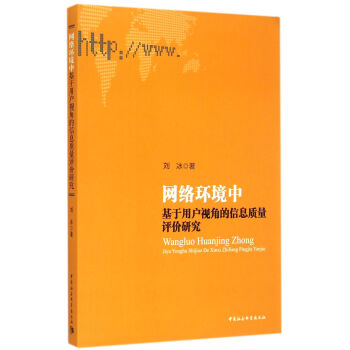
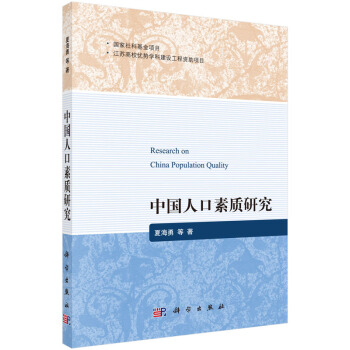

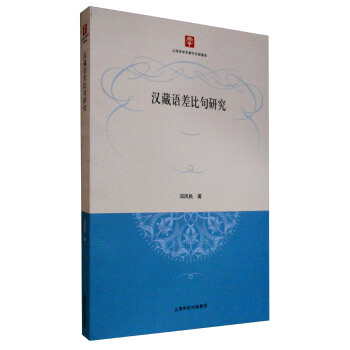
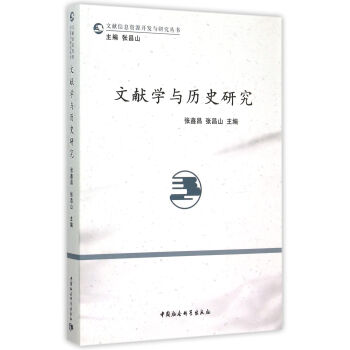

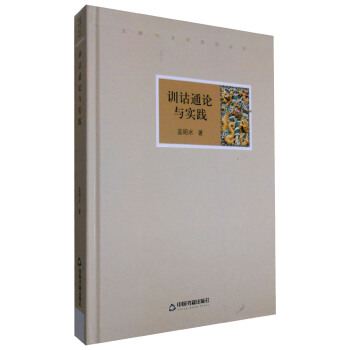
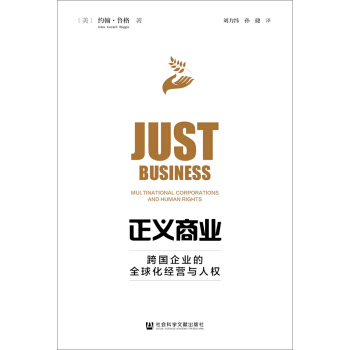
![夏志清与沪江大学 [Hsia Chih Tsing] pdf epub mobi 电子书 下载](https://pic.windowsfront.com/11793112/56616cc5N1702022d.jpg)

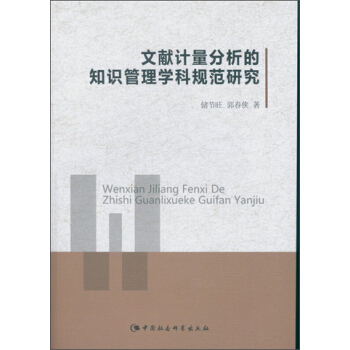
![快速破解60个日常教学难题 [Quick Answers For Busy Teachers: Solutions To 60 Common Challenges] pdf epub mobi 电子书 下载](https://pic.windowsfront.com/11827988/56678276Nf7cff79d.jpg)
